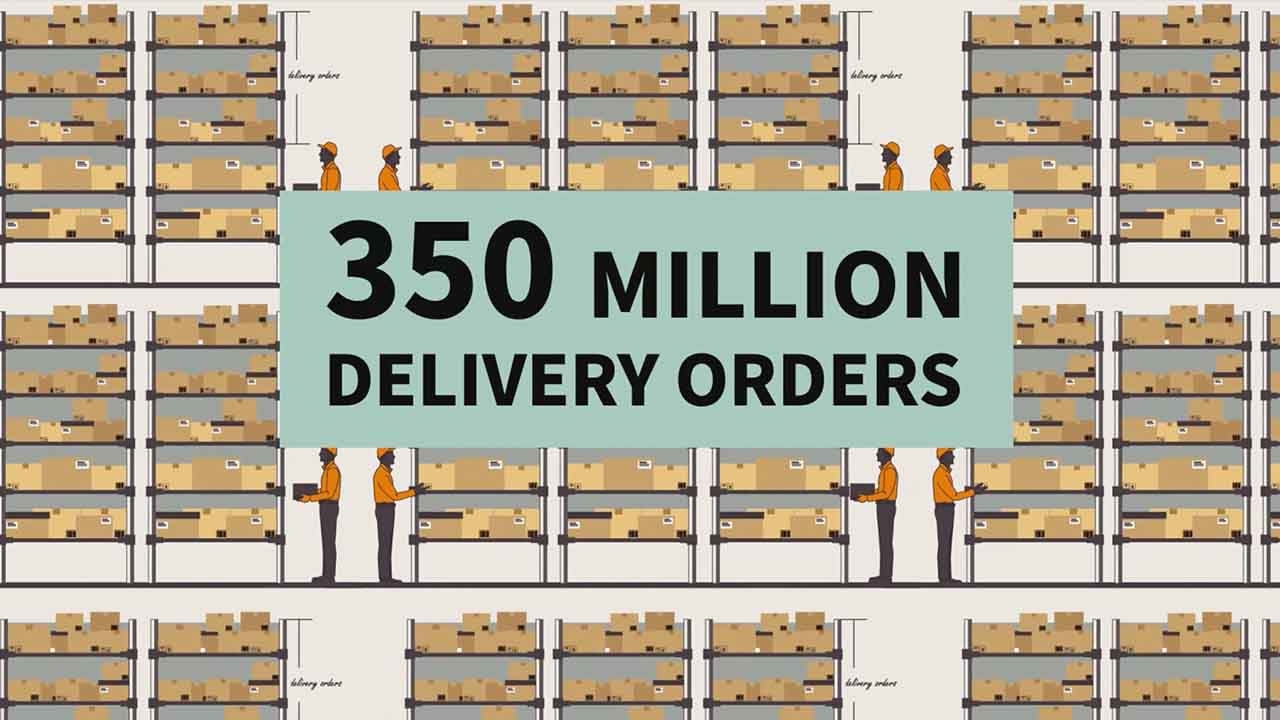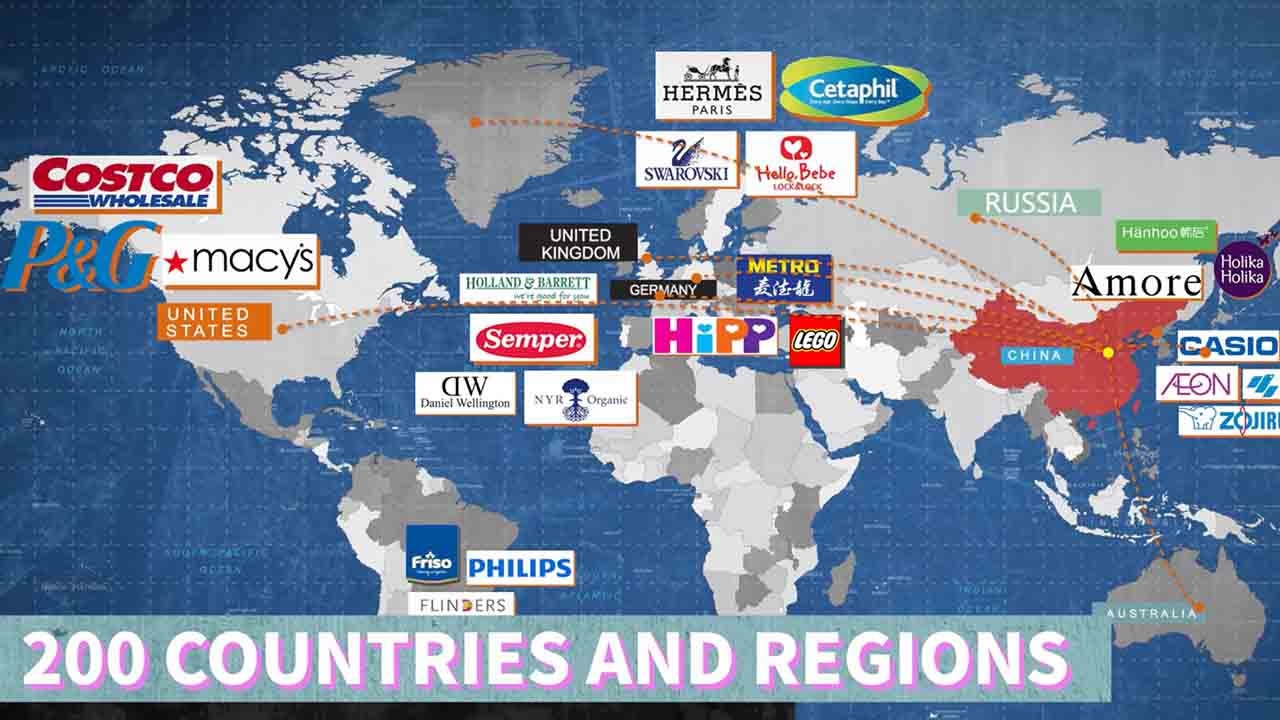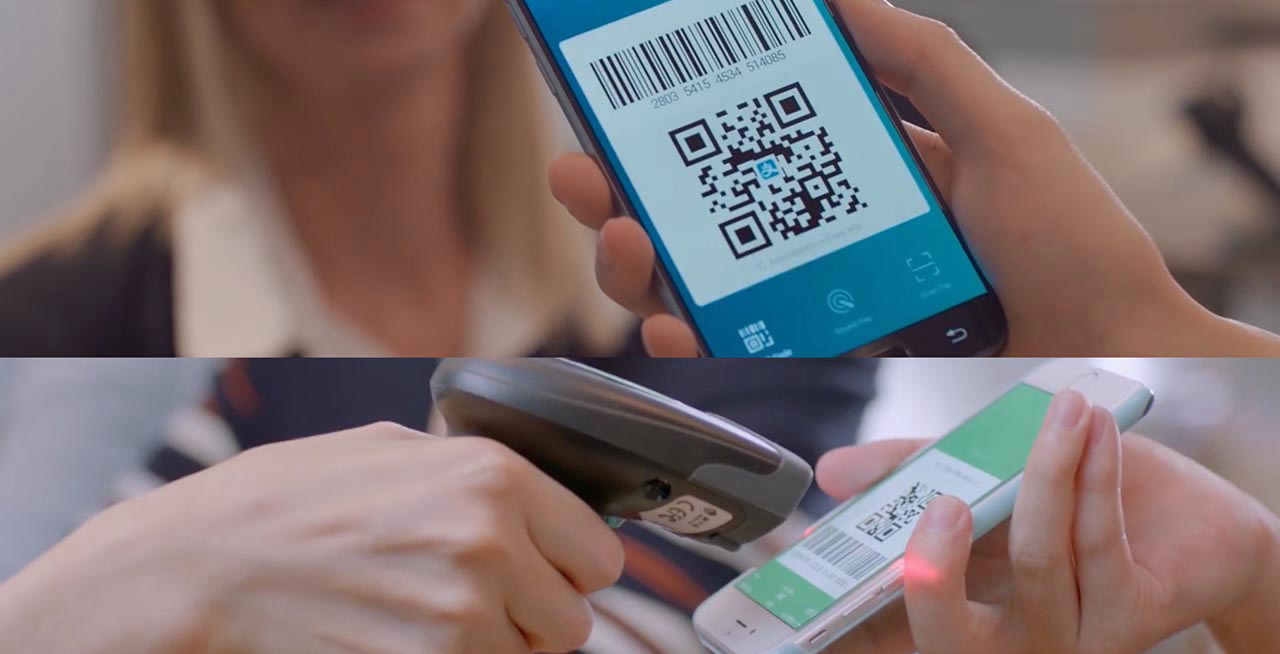
Tech & Sci
13:08, 04-Oct-2017
Amazing China: Nov. 11 Online Shopping Carnival turns the world crazy
CGTN

November 11, China's so-called "Singles' Day," has evolved into an annual massive shopping bonanza.
Like Black Friday in the US, or Boxing Day in Commonwealth countries, it's an extravaganza of nationwide bargain-hunting, but with one important difference: The shopping spree is happening online.
Tmall, one of the largest e-commerce hubs hosting the Shopping Carnival, notched up a sales record of 120.7 billion yuan (over 18 billion US dollars) on the last “Singles’ Day”.

The 11.11 Shopping Carnival /CGTN Photo
The 11.11 Shopping Carnival /CGTN Photo
Efficient and cheap delivery
While enjoying online purchases, people might wonder whether their goods could be delivered timely with over 350 million delivery orders logged for that one day.
China’s highly-efficient delivery companies help ease such worries.
It only took 13 minutes for the very first customer to receive his order on "11.11" after placing it, and the delivery of an item from Guangzhou to Beijing, roughly the distance from Los Angeles to Seattle, requires only two to three days.
Delivery costs rarely exceed a couple of bucks in China and there's often no charge at all.

The delivery of an item from Guangzhou to Beijing, roughly the distance from Los Angeles to Seattle, requires only two to three days. /CGTN Photo
The delivery of an item from Guangzhou to Beijing, roughly the distance from Los Angeles to Seattle, requires only two to three days. /CGTN Photo
Renowned for its efficiency and low costs, Chinese delivery is backed up by a state-of-the-art logistics network.
Besides, the magical speed of China's food deliveries has impressed foreign countries. “Even an Olympic sprinter wouldn’t be as fast as Chinese food deliveries!” exclaimed The Wall Street Journal.
To order food from nearby restaurants only needs click on the smartphone and within half an hour and at the cost of merely a dollar, hot and tasty food will be ready at the consumer’s doorstep. The one-dollar delivery charge applies equally to on-line grocery shopping, medicines and snacks.
Global impact
China's online-shopping platforms are not limited to its home soil. In 2016, more than 200 countries and regions participated in the 11.11 Shopping Carnival.

More than 200 countries and regions participated in the 11.11 Shopping Carnival last year. /CGTN Photo
More than 200 countries and regions participated in the 11.11 Shopping Carnival last year. /CGTN Photo
Mobile-payment structures have also been embraced outside China's borders. Chinese e-payment company Alipay is the world leader, with platforms in 27 countries and regions, supporting direct payment in more than 10 currencies.
Meanwhile, China's two main bike-share companies, ofo and Mobike, are also expanding overseas.
Ofo is a bike-sharing scheme that does away with the cumbersome requirements imposed on users in other countries, such as having to link an account to a credit card or drop a bike off in one specified location.

Mobile-payment structures have also been embraced outside China's borders. /CGTN Photo
Mobile-payment structures have also been embraced outside China's borders. /CGTN Photo
Simply by scanning QR code with the smartphone, people can unlock and ride a bike, and return it wherever convenient, as cities are dotted with parking spots – alongside subway stations, malls, restaurants, residential neighborhoods, and company offices, all with for barely 10 cents per hour.
China is embracing more and more domestic inventions and innovations which are transforming the business models both at home and abroad. In the future, when the global mobile payment era arrives, will people suddenly discover that those most apps making their life more convenient are from China?
Watch first four episodes of "Amazing China: A 5-year miracle" series below:

SITEMAP
Copyright © 2018 CGTN. Beijing ICP prepared NO.16065310-3
Copyright © 2018 CGTN. Beijing ICP prepared NO.16065310-3